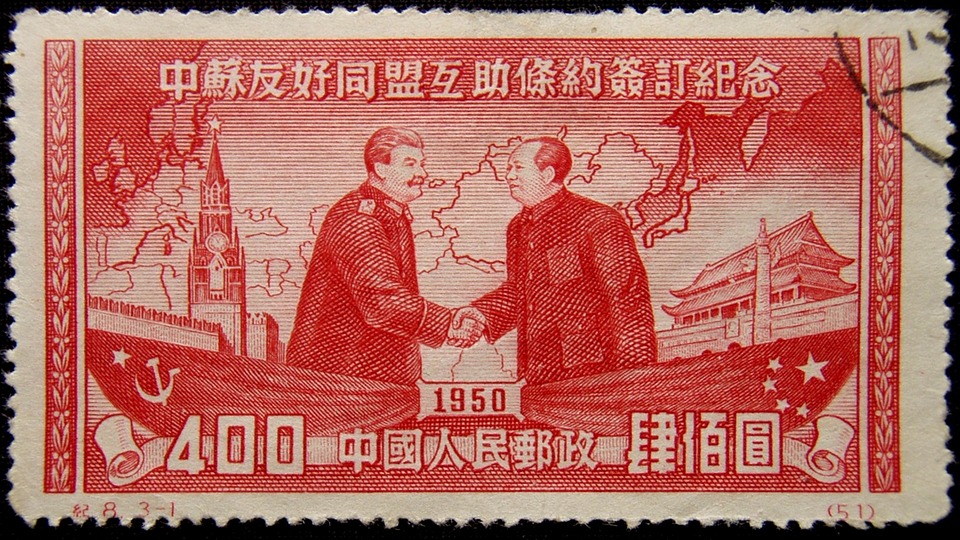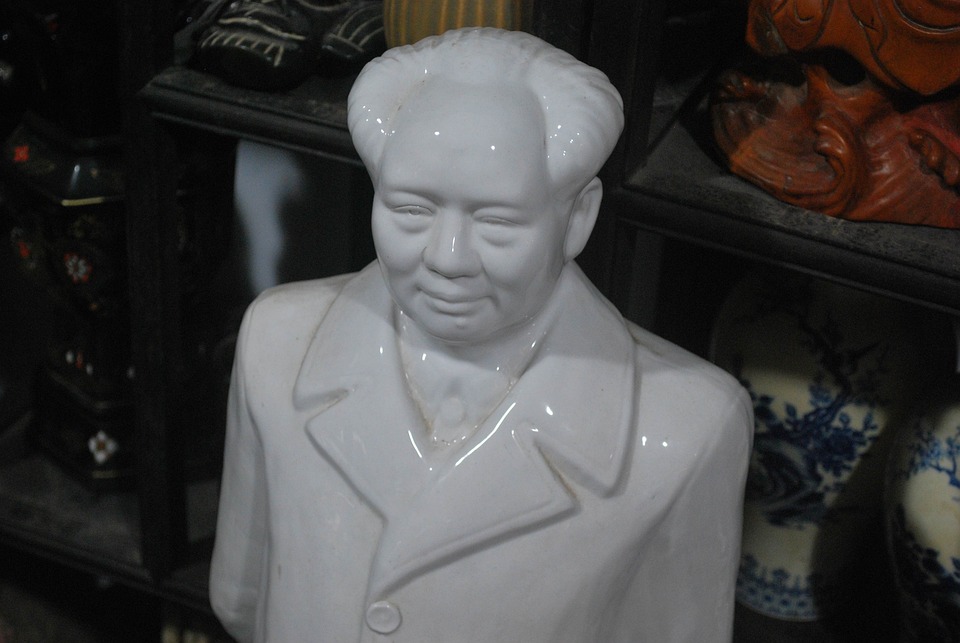The Impact of Mao Zedong’s Political Thought on Modern China
Introduction
Mao Zedong, the founding father of the People’s Republic of China, was a significant political figure whose influence still shapes modern China. His political thought and ideologies had a profound impact on the development of China’s political system, society, and economy. This article will explore the key aspects of Mao Zedong’s political thought and their influence on modern China.
Mao Zedong’s Political Thought
Mao Zedong espoused a unique blend of Marxism-Leninism and Chinese nationalism that became known as Maoism. He believed that a revolutionary class struggle was necessary to bring about the socialist transformation of society. Mao stressed the importance of mass mobilization, armed struggle, and the revolutionary potential of the peasantry. He also believed in the primacy of the Communist Party in leading the revolution and the construction of a socialist society.
Mao Zedong’s political thought was encapsulated in his famous works such as the “Quotations from Chairman Mao Zedong,” also known as the “Little Red Book.” This book contained Mao’s thoughts on a wide range of subjects, from class struggle to guerrilla warfare, and served as a guidebook for the Chinese Communist Party and the people of China.
The Cultural Revolution
One of the most significant events in Mao Zedong’s tenure as leader of China was the Cultural Revolution, which lasted from 1966 to 1976. The Cultural Revolution was a radical political campaign aimed at purging “bourgeois” elements and promoting Mao’s revolutionary ideology. It led to widespread chaos, violence, and economic disruption in China, with millions of people persecuted and killed.
The Cultural Revolution also had a lasting impact on Chinese society and politics. It shattered traditional Chinese culture and institutions, weakened the authority of the Communist Party, and left deep scars on the national psyche. The legacy of the Cultural Revolution continues to influence Chinese politics even today, with calls for a reassessment of this tumultuous period in Chinese history.
The Great Leap Forward
Another key aspect of Mao Zedong’s political thought was his emphasis on rapid industrialization and collectivization through programs such as the Great Leap Forward. The Great Leap Forward, launched in 1958, aimed to transform China into a modern socialist society through massive infrastructure projects, agricultural collectives, and industrialization.
However, the Great Leap Forward was marred by massive inefficiencies, mismanagement, and human suffering. The failure of the Great Leap Forward led to widespread famine, with millions of people dying from starvation. The economic devastation caused by the Great Leap Forward set back China’s development for years and undermined Mao’s credibility as a leader.
The Legacy of Mao Zedong’s Political Thought
Political Influence
Despite the failures of the Great Leap Forward and the Cultural Revolution, Mao Zedong’s political thought continues to influence Chinese politics. The Chinese Communist Party still considers Mao a founding father and a key figure in its history. Mao’s iconic image and ideas are still present in Chinese society, with his image adorning currency, monuments, and cultural artifacts.
Mao Zedong’s political thought also continues to shape the policies of the Chinese government. The party’s emphasis on socialism with Chinese characteristics, economic reform, and social stability can be traced back to Mao’s ideas on class struggle, mass mobilization, and the primacy of the Communist Party.
Social Impact
Mao Zedong’s political thought has had a profound impact on Chinese society. The legacy of the Cultural Revolution and the Great Leap Forward continues to shape Chinese attitudes towards authority, collective action, and social change. The scars of these tumultuous periods in Chinese history are still felt by many Chinese people today.
Mao’s ideas on mass mobilization, class struggle, and revolutionary change have also left a lasting mark on Chinese culture. The ethos of hard work, self-sacrifice, and revolutionary fervor promoted by Mao still resonate with many Chinese people, especially the older generation who lived through Mao’s rule.
Economic Development
Mao Zedong’s emphasis on rapid industrialization and collectivization had a lasting impact on China’s economy. While the Great Leap Forward was a failure, Mao’s policies laid the foundation for China’s subsequent economic growth and development. The agricultural collectives and heavy industries built during Mao’s rule formed the basis for China’s modern economy.
Today, China is a global economic powerhouse, with a booming manufacturing sector, a rapidly expanding middle class, and a growing consumer market. While Mao’s economic policies were often disastrous in practice, they helped pave the way for China’s rise as a major player in the global economy.
Conclusion
Mao Zedong’s political thought has had a profound impact on modern China. His ideas on class struggle, mass mobilization, and revolutionary change continue to shape Chinese politics, society, and economy. Despite the failures of the Great Leap Forward and the Cultural Revolution, Mao’s legacy still looms large in China, influencing everything from government policy to popular culture.
While Mao’s political thought may have had its shortcomings, it is undeniable that he played a pivotal role in shaping the course of modern China. His legacy is a complex and controversial one, but there is no denying the enduring impact of Mao Zedong’s political thought on the world’s most populous nation.




